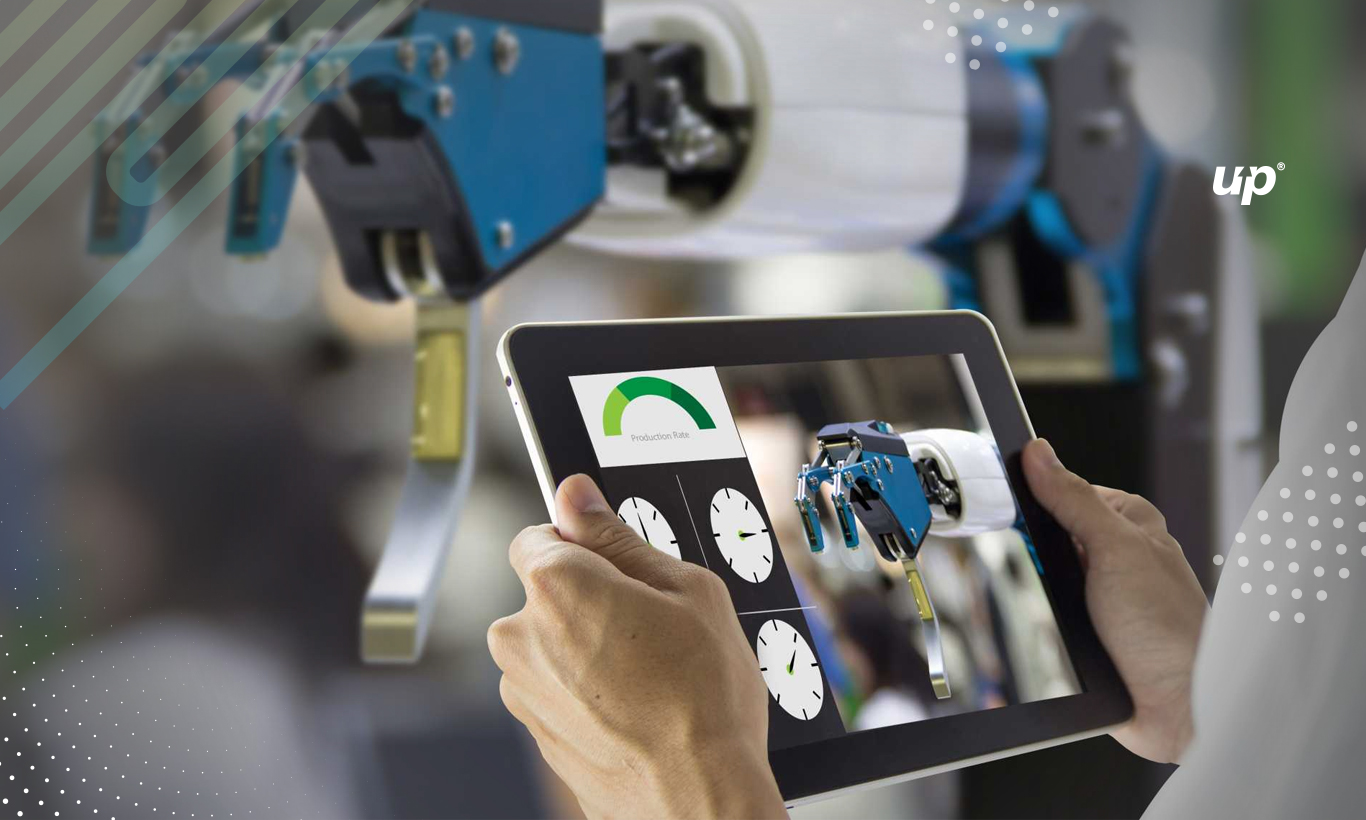According to the reports of Oxford Economics more than 20 million jobs can be replaced by Robots by the year 2030. Yes, you read it right Robots are on track to replace the job of humans in manufacturing field. A major portion of world’s manufacturing jobs offer low salaries to people working in those areas. Yes, we all know that Robots are better at doing human jobs but this news is possibly good for the economy of the world but still have some downfalls at the same time.
Also, workers who move out of their job in the manufacturing industry will tend to get jobs in construction, transport, office, and maintenance work fields which are very easily susceptible to automation.
On an average the addition of this robot installed in those manufacturing job regions could replace numerous of the job as compared to those in higher-skilled job profile regions of the same country, thus this process will exacerbate economic dissimilarity and biased polarization, which is raising already, Oxford Economics said.
From the past some years, we have already seen several predictions that robots are about to put in every sector by 2030 from manufacturing jobs to journalists work.
According to the latest reports “This great displacement will not be evenly distributed around the world, or within countries,” and. “Our research shows that the negative effects of robotization are disproportionately felt in the lower-income regions compared with higher-income regions of the same country,” Oxford Economics said.
Read More: Beware! Android Play Store Laden With Over 2000 Fake Apps
At the same time when low skilled jobs are under threat the Jobs which require more concern, originality or social aptitude are more expected to continue to be carried out by humans “for decades to come”, it said.
Job Losses with Robots
The major parts of workers who are vulnerable to automation are found in rural areas of the countries with a conventional, manual industrial base, Oxford Economics said. The major regions that face this issue are Oregon is the U.S. state and Cumbria in the U.K. region.
“In many countries, such regions have often been left behind as metropolitan centers prospered, and those dynamics have generated political polarization. This highlights the importance of taking policy action to cushion the likely impact of robotization in these vulnerable areas.”– “How Robots Change the World,” said by Oxford Economics
Ell to summarize all this, we can say that the rise of robots surely has a good effect on overall GDP but some of its consequences could be tremendous. Oxford Economics estimates that rising in the number of robots installations by 30% would lead to an increase in the economy of the globe by $4.9 trillion.
So there is no reason to hate robots when its impact is boosting efficiency and economic growth, as well as encourage industries that are lacking in their fields. But at the same time, it may have some serious destruction later warns Oxford Economics.














